
Radiation Testing Standards for Products with Bluetooth Modules
For products equipped with Bluetooth modules, there are typically a series of electromagnetic compatibility (EMC) and radio frequency (RF) testing standards to assess their radiation and conducted emissions performance, ensuring compliance in electromagnetic environments. Below are some common testing standards related to Bluetooth modules:
Certification Testing Standards
- EN 300 328 (ETSI): Applicable to wireless devices operating in the 2.4 GHz band, including Bluetooth, Wi-Fi, and other wireless communication technologies. This standard specifies limits for conducted and radiated emissions, as well as spectral occupancy requirements for devices.
- fcc part 15.247: Standards set by the Federal Communications Commission (FCC) in the United States, applicable to RF devices operating in the ISM band, including Bluetooth and Wi-Fi. This standard specifies limits for conducted and radiated emissions.
- EN 300 328 V2.1.1: This version is a revision of the above ETSI standard, introducing support for Bluetooth Low Energy (BLE) and updating other aspects.
- Bluetooth SIG Testing Requirements: The Bluetooth Special Interest Group (Bluetooth SIG) defines a series of testing requirements for Bluetooth products to ensure compliance with standards in terms of performance, compatibility, and interoperability. These tests are typically conducted by certified laboratories.
- EN 301 893: Applicable to wireless devices operating in the 5 GHz band, including Bluetooth and Wi-Fi. This standard specifies limits for conducted and radiated emissions.
Please note that these standards may be updated over time, so it is essential to consult the latest versions before conducting testing and certification to ensure compliance. Additionally, specific testing requirements and procedures may vary based on product type, frequency range, and output power. For any products requiring EMC and RF testing, it is advisable to consult a professional testing laboratory or engineering expert (such as JJR Laboratory in China).
Email:hello@jjrlab.com
Write your message here and send it to us
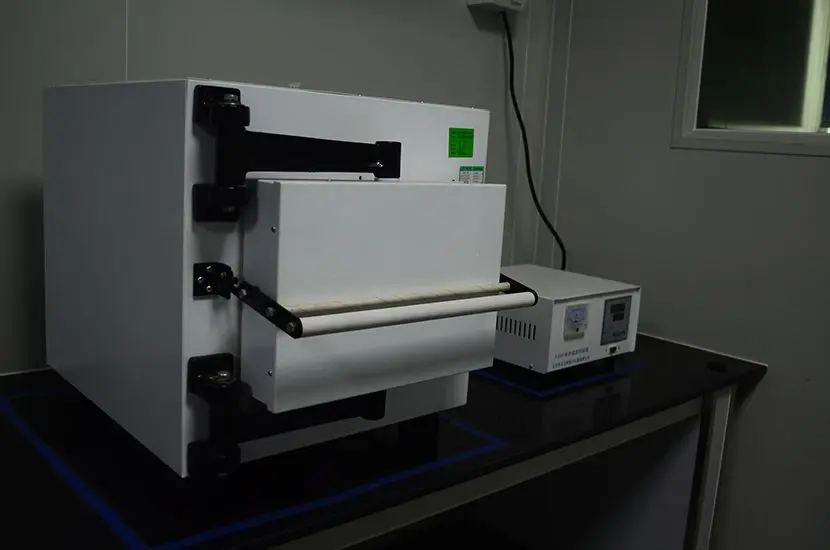 High Chair for Children ASTM F404-21 CPC Certifica
High Chair for Children ASTM F404-21 CPC Certifica
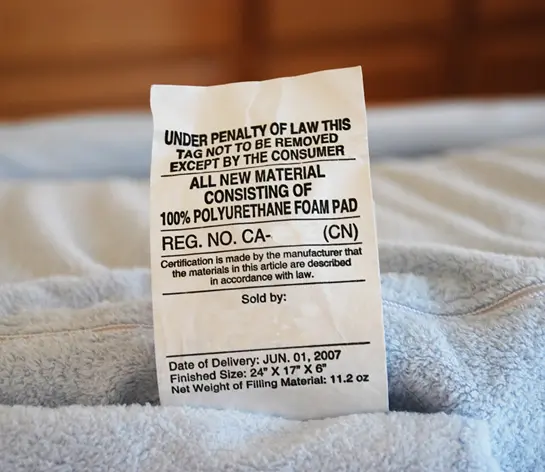 U.S. Law Label (URN Number) Registration Q\&A
U.S. Law Label (URN Number) Registration Q\&A
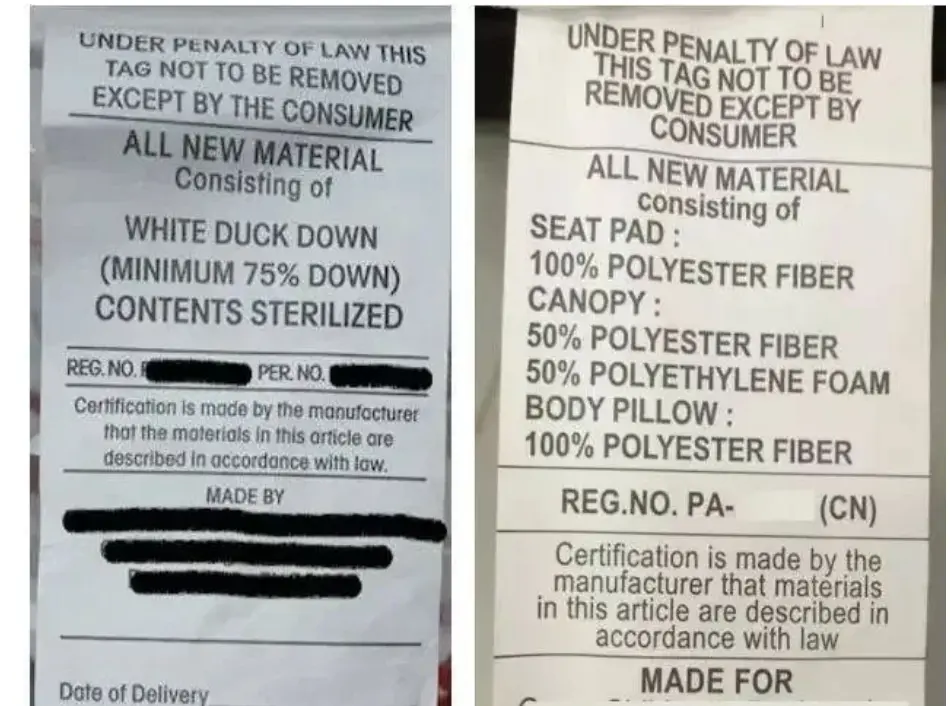 U.S. Furniture Export URN Law Label Registration
U.S. Furniture Export URN Law Label Registration
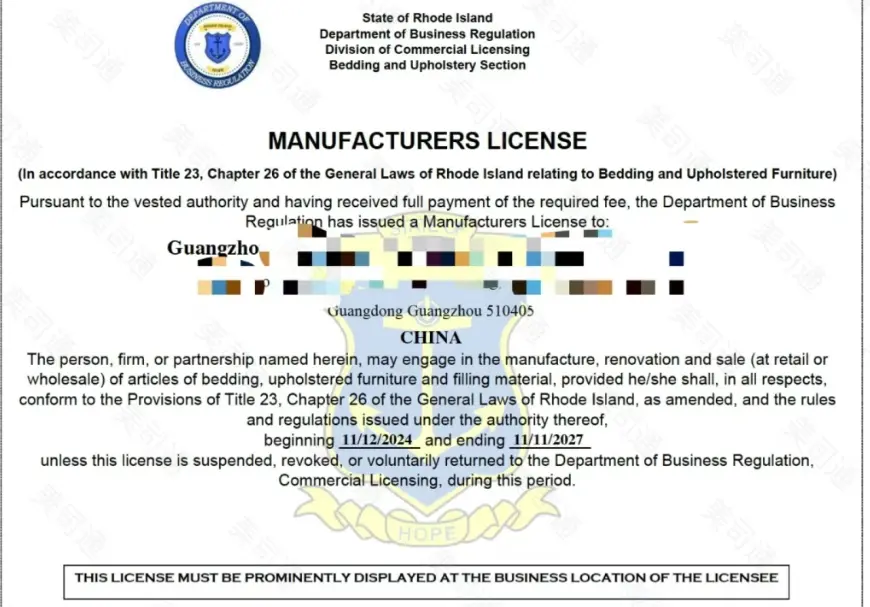 What is U.S. Law Label Registration?
What is U.S. Law Label Registration?
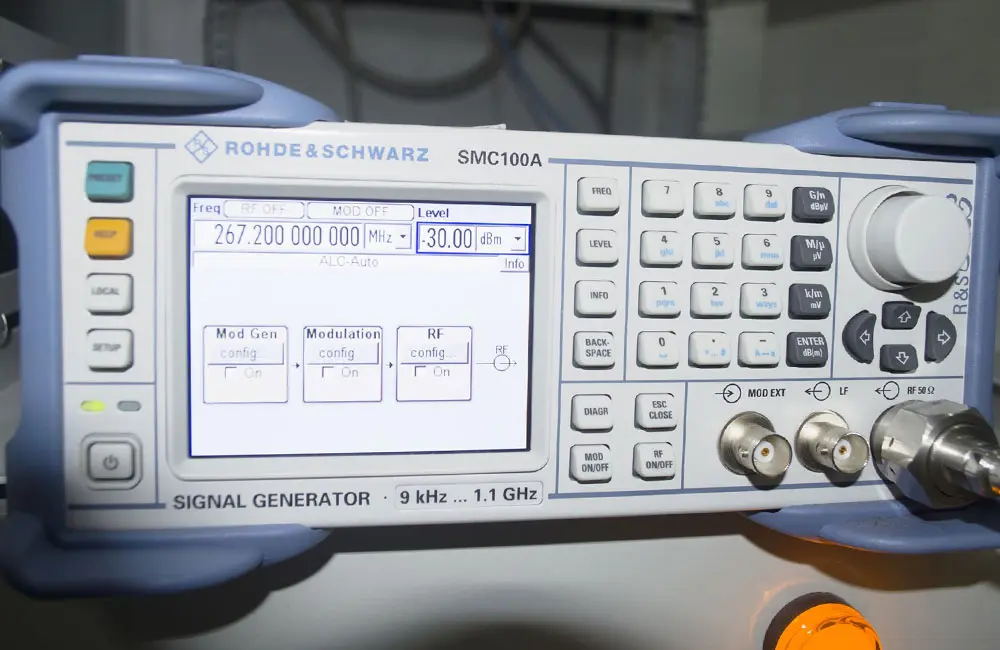 Rail Transit EN55015/EN50121-4
Rail Transit EN55015/EN50121-4
 IEC 60601-1-2 EMC Test for Medical Electrical Equ
IEC 60601-1-2 EMC Test for Medical Electrical Equ
 What Are the Safety Tests for Lithium Batteries?
What Are the Safety Tests for Lithium Batteries?
 What is the YY 9706.111-2021 Standard?
What is the YY 9706.111-2021 Standard?
Leave us a message
24-hour online customer service at any time to respond, so that you worry!




